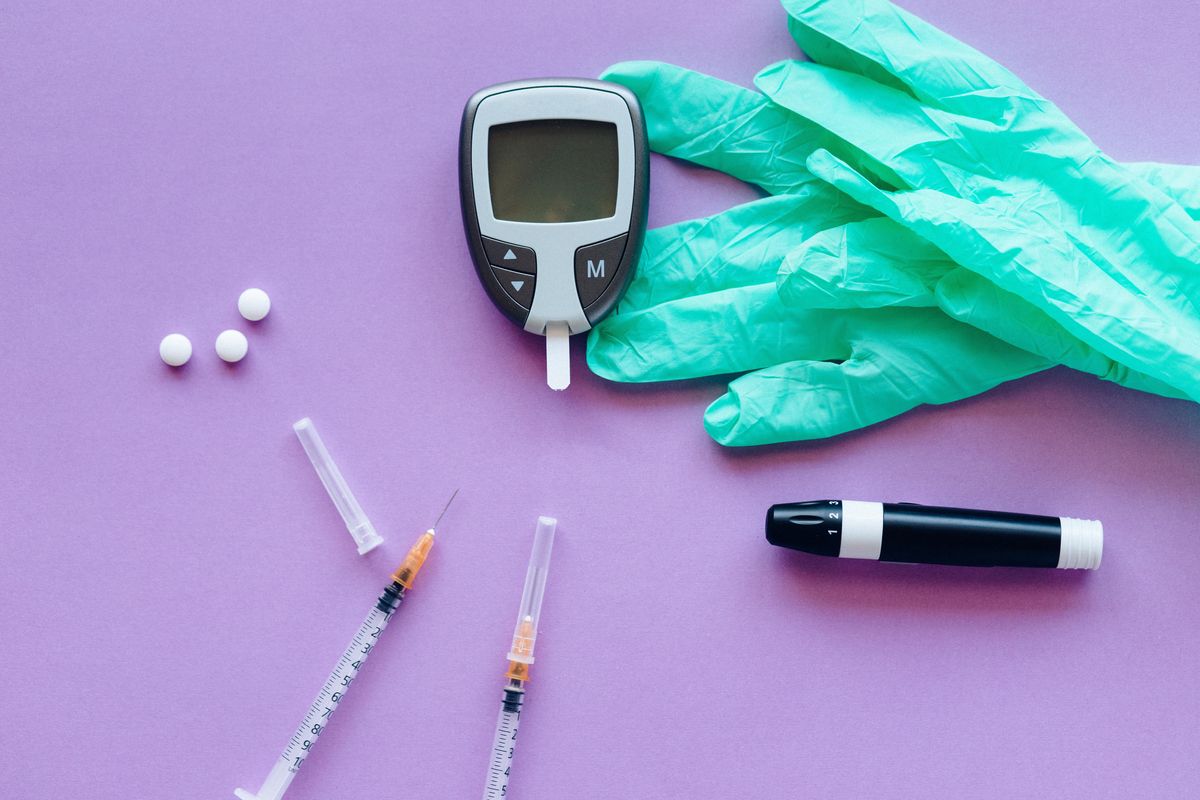Q:
My doctor wants to start me on insulin for my diabetes. I hate the idea of giving myself shots. Is there any way to avoid insulin therapy? What devices might make my life easier?
A:
There is no reason to fear insulin therapy.
We find that many people with diabetes think they've "failed" if they need insulin therapy. Nothing could be further from the truth. You have not failed. Diabetes can be progressive, meaning the longer you have it, the harder it is for your pancreas to produce the cells that make insulin.
In fact, some studies find that in certain circumstances the earlier that insulin is added to oral medication, the better your blood sugar (glucose) control. You can also reduce your risk of complications like kidney disease and nerve loss. There's no question that insulin is the most effective medication available to lower blood sugar levels. The two main concerns are weight gain, which doesn't always occur, and hypoglycemia (episodes of low blood sugar). Hypoglycemia associated with insulin therapy is less common in people with type 2 diabetes than in those with type 1but can occur with either type.
Today’s methods of insulin administration are easy to learn. Prefilled insulin pens allow you to dial your individual dose. Pen needles are small, thin and designed with comfort in mind. Most health insurance companies, including Medicare, cover the use of insulin pens. You can get prefilled, reusable pens—just ask your doctor to write a prescription for them.
It is important to take an active role in your care and partner with your health care provider so you feel confident in your ability to use insulin properly. That means taking your dose as directed and adjusting your diet and exercise regimen as needed based on your blood sugar levels. Not understanding the consequences of using insulin properly can result in blood sugar levels that are too low (hypoglycemia) or too high (hyperglycemia).
Improving your blood sugar will give you more energy and help you to sleep better. When starting insulin, frequent dose adjustments may be necessary until your blood sugar stabilizes. Numerous insulin regimens are available today and can be individualized to fit your specific needs.
Routine follow-up with your health care provider will ensure a smooth and confident transition to making insulin injections part of your life.







